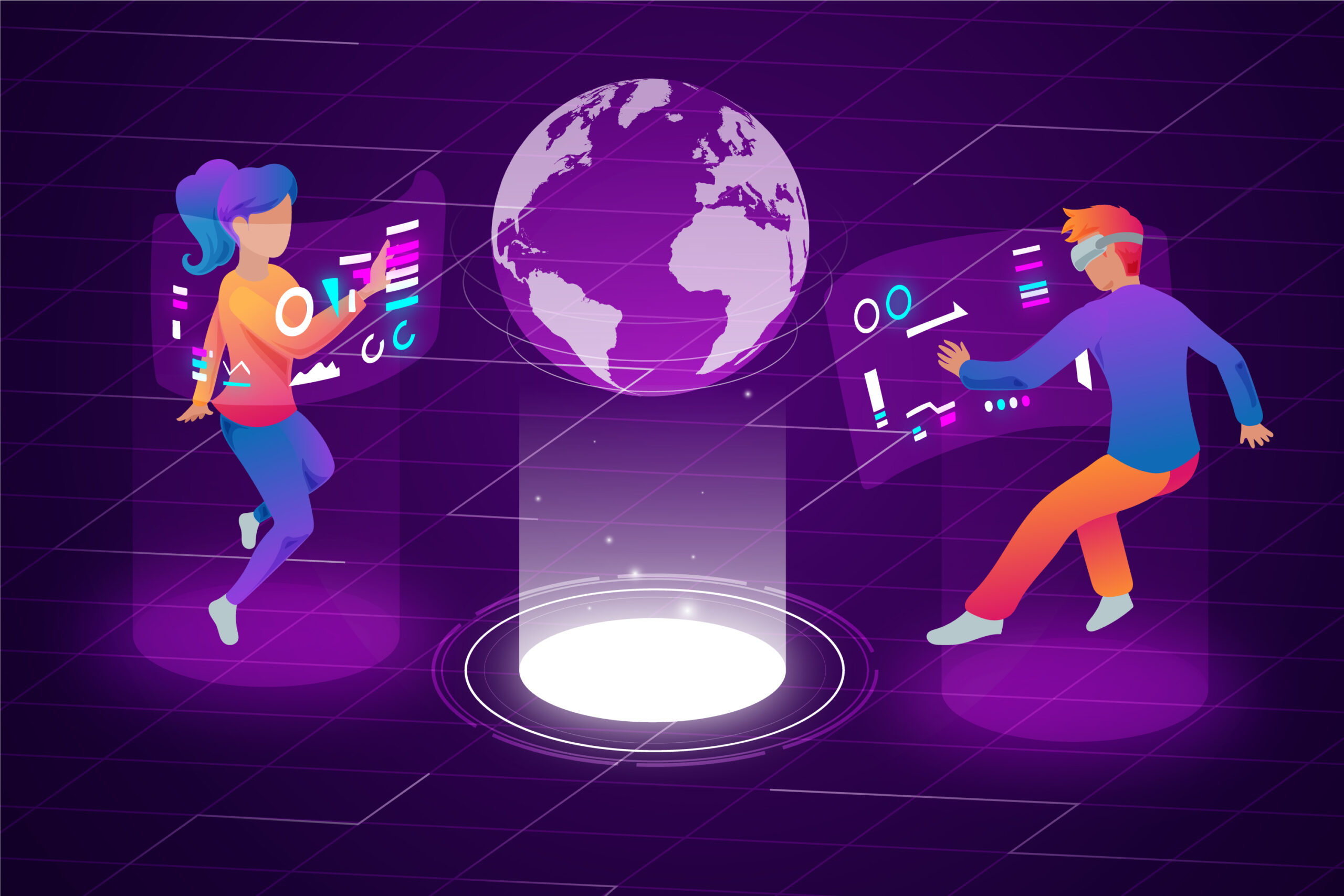The Future of Technology: Innovations Shaping Our World
As we look ahead, the future of technology promises to revolutionize every aspect of our lives. Innovations in fields such as artificial intelligence, biotechnology, and quantum computing are paving the way for advancements that were once the stuff of science fiction. These technological breakthroughs are not only transforming industries but are also reshaping the way we live, work, and interact with the world around us.
Artificial Intelligence: The New Frontier
Artificial Intelligence (AI) has already made significant inroads into various sectors, from healthcare to finance to entertainment. In the future, AI is expected to become even more sophisticated and ubiquitous. One of the most exciting prospects of AI is its potential to enhance human capabilities and decision-making processes. For example, AI-powered diagnostic tools can analyze medical data with unprecedented accuracy, helping doctors diagnose diseases earlier and more accurately. Similarly, AI-driven financial models can predict market trends and assist investors in making more informed decisions.
Moreover, AI is set to play a crucial role in addressing some of the world’s most pressing challenges. From climate change to food security, AI algorithms can analyze vast amounts of data to identify patterns and propose sustainable solutions. As AI continues to evolve, it will undoubtedly unlock new opportunities for innovation and problem-solving across various domains.
Biotechnology: Revolutionizing Healthcare and Beyond
Biotechnology is another area poised to make a profound impact on our future. Advances in genetic engineering, synthetic biology, and personalized medicine are transforming the healthcare landscape. Techniques like CRISPR-Cas9 allow scientists to edit genes with precision, opening up possibilities for curing genetic disorders and creating disease-resistant crops.
Personalized medicine, which tailors treatments to an individual’s genetic makeup, is becoming increasingly feasible thanks to biotechnological innovations. This approach promises to improve treatment outcomes and reduce side effects, ushering in a new era of healthcare that is more effective and patient-centered.
Beyond healthcare, biotechnology is also making strides in environmental conservation. Bioengineering techniques are being used to develop sustainable biofuels, biodegradable materials, and even organisms that can clean up pollutants. These innovations hold the potential to create a more sustainable and resilient world.
Quantum Computing: Unlocking Unprecedented Computational Power
Quantum computing represents a paradigm shift in computing power. Unlike classical computers, which process information in binary (0s and 1s), quantum computers use quantum bits or qubits, which can represent multiple states simultaneously. This unique property allows quantum computers to perform complex calculations at speeds unimaginable with today’s technology.
The implications of quantum computing are vast and far-reaching. In the field of cryptography, quantum computers could break current encryption methods, prompting the development of new, more secure algorithms. In material science, quantum simulations could lead to the discovery of new materials with unprecedented properties, revolutionizing industries such as energy, manufacturing, and electronics.
Furthermore, quantum computing holds the potential to solve optimization problems that are currently intractable for classical computers. This capability could lead to breakthroughs in fields ranging from logistics and supply chain management to drug discovery and climate modeling.
The Internet of Things: Connecting Everything
The Internet of Things (IoT) refers to the network of interconnected devices that communicate and share data with each other. As IoT technology continues to advance, we are moving towards a future where virtually every device, from household appliances to industrial machinery, is connected to the internet.
The proliferation of IoT devices is set to transform various aspects of our lives. In smart homes, IoT-enabled devices can optimize energy usage, enhance security, and provide personalized experiences. In industries, IoT sensors can monitor equipment health in real-time, predict maintenance needs, and improve operational efficiency.
Moreover, IoT has the potential to revolutionize urban living through the development of smart cities. By integrating IoT technologies into urban infrastructure, cities can enhance traffic management, reduce energy consumption, and improve public services, creating more livable and sustainable urban environments.
Conclusion
The future of technology is brimming with possibilities that promise to reshape our world in profound ways. Innovations in artificial intelligence, biotechnology, quantum computing, and the Internet of Things are not only driving technological progress but also addressing some of the most significant challenges facing humanity. As we continue to push the boundaries of what is possible, it is crucial to consider the ethical and societal implications of these advancements to ensure that the future of technology benefits all of humanity.






